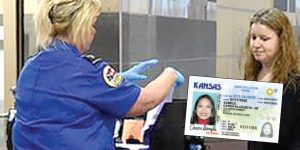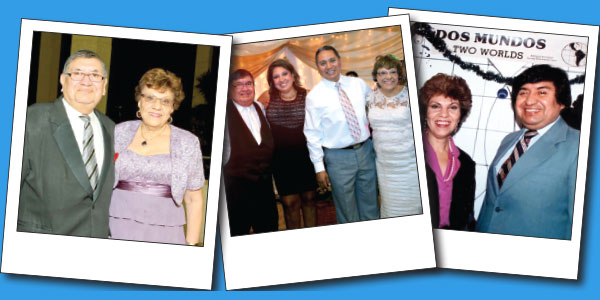
Todos tenemos que lidiar con el dolor cuando perdemos a alguien o algo importante para nosotros. Y aunque cada persona experimenta pérdida y se recupera de una manera u otra, las personas tienden a experimentar dolor en las siguientes etapas:
* Choque y negación: Al comienzo del proceso de duelo, la persona experimenta a menudo un choque y luego niega la realidad para evitar el dolor.
* La culpa y el dolor: Una vez que la persona entiende la situación y el choque se ha ido, la persona tiende a experimentar dolor y sentirse culpable por lo que la persona hizo o dejó de hacer con el ser querido.
* La ira y la negociación: La persona puede empezar a sentir la ira y cuestionar no sólo la fe, sino también la misma vida. La frustración y la ira también podrían tener lugar. Pero de acuerdo con la psicóloga Suzanne Lachmann, la ira es un medio de capacitación.
* Depresión: La persona puede sentir la soledad, el vacío y la tristeza en esta etapa. En esta etapa, los afligidos tiende a aislarse del mundo.
* Reconstrucción y aceptación: A medida que el doliente empieza a recuperarse y aceptar la situación, él o ella comienzan a adaptarse a la vida.
* Esperanza: Después de algún tiempo, la persona va a empezar a planificar para el futuro, y recordar y discutir el ser querido sin dolor.
Recuerde que el dolor es inevitable, sin embargo en muchas ocaciones la ayuda de un profesional puede favorecer a la persona a superar las etapas.
_________________________________________________________________________________________________________
Grief and how to deal with it
By Paula Alzate
We all must deal with grief when we lose someone or something important to us. And although every person experiences loss and recovers from it differently, people tend to experience grief in the following stages:
*Shock and denial: At the beginning of the grieving process, the person often experiences shock and then denies the reality to avoid the pain.
*Guilt and pain: Once the person understands the situation and the shock is gone, the person tends to experience pain and feel guilty for what the person did or didn’t do with the loved one.
*Anger and bargaining: The person might start feeling anger and questioning not only faith, but also life itself. Frustration and anger also might take place. But according to psychologist Suzanne Lachmann, anger is a means of empowerment.
*Depression: The person can feel loneliness, emptiness and sadness at this stage. At this stage, the bereaved tends to isolate from the world.
*Reconstruction and acceptance: As the bereaved starts to recover and accept the situation, he or she starts to adjust to life.
*Hope: After some time, the person will start planning for the future, and remember and discuss the loved one without pain.










